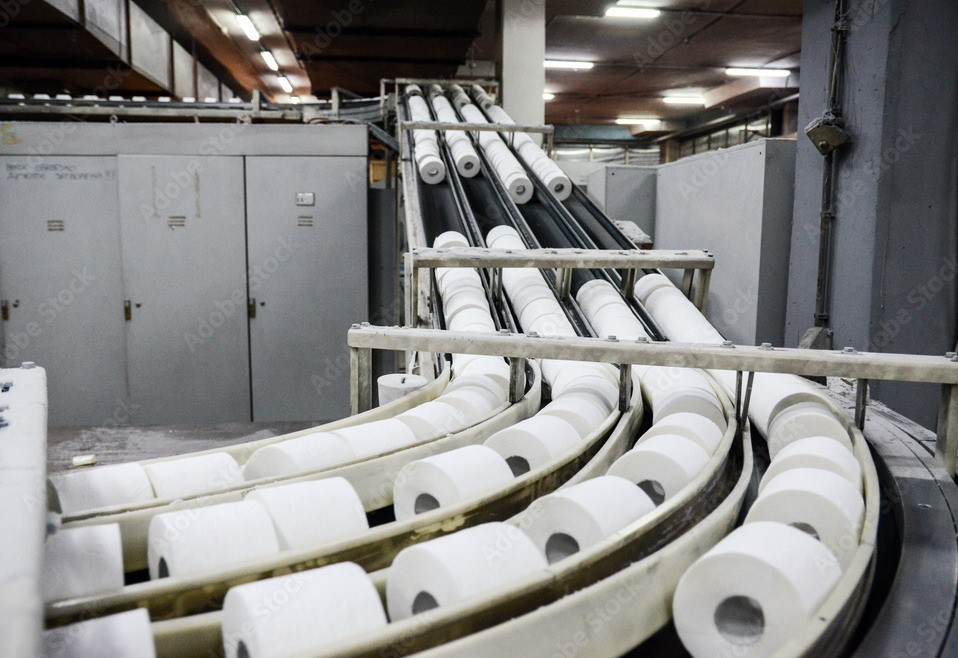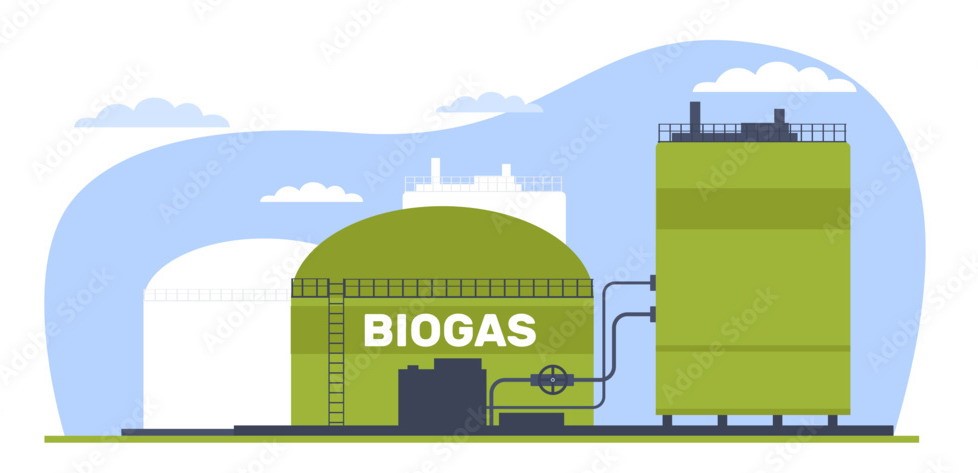DETERGENT ENZYMES

CELLULASE ENZYME
Product Description: Cellulase enzyme is considered one of the most crucial categories of enzymes. Cellulase is a key enzyme involved in breaking down cellulose, a complex carbohydrate presents in plant cell walls and certain other organisms. Cellulose is a widely abundant organic compound that offers structural support to plant cells, ensuring they remain rigid and strong.
Application of Cellulase Enzyme:
Cellulase Enzyme in Paper And Pulp Industries: Cellulase enzymes play a crucial role in the paper and pulp industry by enhancing the quality of pulp, improving paper properties, and minimizing environmental pollution. These enzymes are used in various processes like bleaching, refining, and de-inking of pulp.

Cellulase Enzyme in Detergent Industry: Cellulase enzymes are included in some laundry detergents as additives to enhance the removal of stains and soil from fabrics. They help break down cellulose-containing stains such as grass, food, and blood, leading to improved cleaning performance and fabric softness. Cellulase enzymes are employed in a process known as bio-polishing, which is used to enhance the appearance and feel of cotton textiles. Cellulase enzymes are great for bringing back the shine and liveliness of colored clothes, making them look better after a wash. Cellulase enzymes work well to get rid of stains from plant-based sources like grass, mud, and food on clothes.

Cellulase Enzyme in Biofuel Production: Cellulase enzymes are used to hydrolyze cellulose into fermentable sugars, which can then be converted into bioethanol through microbial fermentation processes. Cellulase enzymes are utilized in anaerobic digestion systems to decompose organic materials rich in cellulose into biogas, a sustainable energy source.




